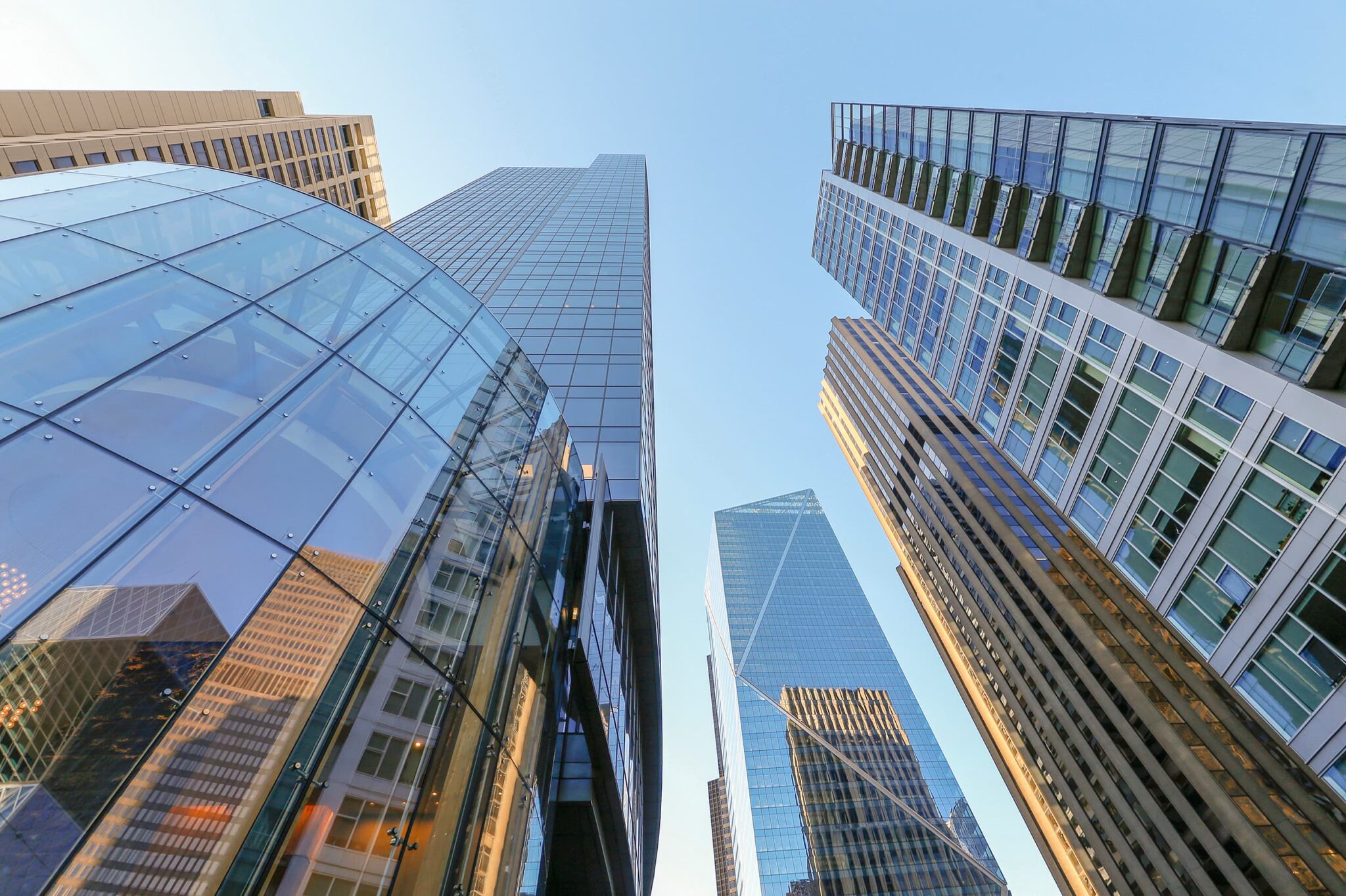By 2050, roughly 4,135 existing Seattle buildings larger than 20,000 square feet must cut their greenhouse gas emissions to zero. The Seattle City Council passed legislation on Tuesday, December 12th, enacting the Building Performance Emissions Performance Standard, or BEPS.
BEPS will require skyscrapers, low- to high-rise buildings, multifamily residences, retail spaces, restaurants, churches, schools, universities and community centers that fit the criteria to meet the proposed bar. It’s a timely measure as buildings account for 37% of Seattle’s total core emissions, behind cars and aviation, according to city data.
The standards, which will roll out gradually over time, will reduce existing structures’ dependence on greenhouse gas sources, primarily oil and natural gas, including fossil fuel-powered furnaces and water heaters. Several recent projects have already been upgraded to curb their climate impacts.
A multifamily affordable housing unit cut its energy use by 35% and its fossil fuels by 100% with the installation of heat pump water heating, new roof insulation, heat pump cooling in the community room, and an energy recovery system. Similarly, the Washington State Department of Services for the Blind replaced windows, upgraded lighting, and installed a heat pump water heater and heat pump heating and cooling, cutting energy use by 70% and fossil fuels by 100%.
With this impactful legislation, Mayor Harrell hopes that other cities are inspired to follow suit in taking collective action to reduce urban zones’ heaviest contributions to climate change.
This post was based on information found on GeekWire and Puget Sound Business Journal.
 Facebook
Facebook
 X
X
 Pinterest
Pinterest
 Copy Link
Copy Link
